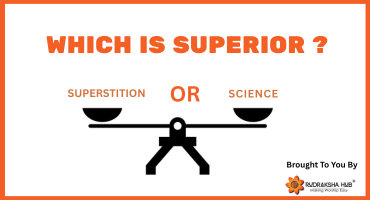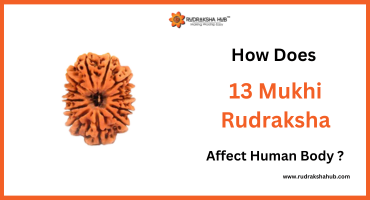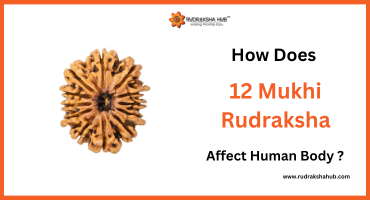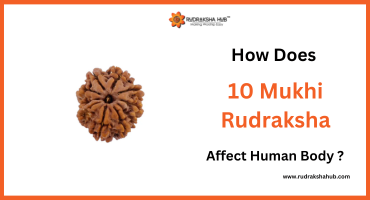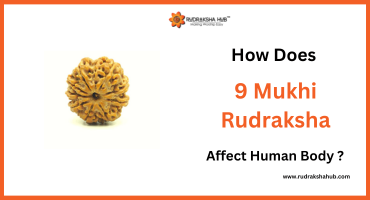
Shrimad Bhagwad Geeta Shlok Blog -14
Shlok-14
ततः श्वेतैर्हयैर्युक्ते महति स्यन्दने स्थितौ । माधवः पाण्डवश्चैव दिव्यौ शङ्खौ प्रदध्मतुः ॥ 1-14 ||
English Transcription
Tatah Shwetairhayairyukte Mahati Syandane Sthitau | Maadhavah Paandavashchaiva Shankhau Pradadhmatuh || 1-14 ||
Hindi Translation
Uske baad Safeed ghodon se yukta mahaan rath par baithe hue lakshmipati bhagwaan shri Krishna aur panduputra arjun ne bhi divya shankhon ko bahut zor se bajaya.
English Translation
After this, Lord Krishna, standing on his chariot fixed with white horses, and Arjun, the son of Pandu, blew their divine conches.
Meaning
In the previous Shloka, we all saw that Bheeshma Pitamah had blown his conch shell to side with the Kauravas and the Kaurava army took this as an opportunity to announce the start of the war. Kauravas were sure that they were making the right choice and they didn’t want to get that thought snatched so they replied with their conches and drums and sounds of the war equipment they held.
When the Pandavas heard this huge uproar of war equipment, they were sure that the war had started and they also had to prove that they were ready for the same. So, when the Pandavas heard the war sound, they also took out the best equipment they had and the ones they wanted to use to declare their presence and acceptance of the war.
In battles, it was a rule that both parties will first signal their readiness and their presence before the war starts to make sure that transparency is maintained between each and every person. Slowly, later, the positions can change, but as per rank, if there are people missing in any army, that spoils the order of the army and in ancient times, the order of the army was more important than anything else.
Alongside this, there was another rule as well. the war would never begin at night or continue at night. People involved will never be attacked or attacked in the dark or at night after the end of the day’s signal has been made. The first signal of the war start will be done only by the most senior person involved in the war on either side and then everyone else will resound to the same by properly greeting their enemies first and also respecting them for their bravery and courage to leave everything at destiny and try to give the best fight of their lives.
This was an important and essential part of war and there was nobody who cared to take any action against these rules. In further anecdotes, we will see how multiple times there will be multiple rules being broken and their repercussions leading to another layer of devastation undesired. But since Bheeshma Pitamah had roared his conch shell and now the entire Kaurava army was also ready with their conch shells, it was about time when Pandavas had to speak up and share their presence and the acceptance of the challenge thrown at them in the form of war.
Lord Krishna realized that he had to take the first initiative being the eldest in the Pandava camp and being the one with the maximum power and respect, he had to give the intimation in the same manner. So although he was the chariot driver for Arjun, at Arjun’s request only, he was also the guide and chief strategist of the Pandava camp, and the entire Pandava army had pledged their safety in the hands of Lord Krishna. Thus, whatever he said or will be doing will be exactly what the Pandavas will also be doing.
Thus, Lord Krishna took out his Shankha and blew in it hard to make the sound so loud and so clear that the Kaurava camp should know that even if they were the ones who were more in number, the retaliation in less will be more than expected.
This was when Arjun, who was gifted with the hundred white horses and the power that these horses will always remain in the number of hundred even if some of these die, had used four of these blessed and brave white horses tied up in his chariot, also pulled out his conch shell and he blew in it. Soon after the reverberation of Lord Krishna’s conch stopped, Arjun’s conch vibrated the entire ecosystem, following Lord Krishna’s lead. Then, the moment Arjun’s Shankha stopped vibrating, the entire Pandava camp was filled with heavy excitement and they all also geared up to use their Shankhs, drums and beats, and bells to make sure their message was also delivered to the Kauravas loud and clear.
There can be a question here Lord Krishna blew the Shankha first even when he was the chariot driver of Arjun and Yudhishthir was technically the actual deserving King, then why so? The answer is very easy. Since the Pandavas had already treated and accepted Shri Krishna as their master and everything, Lord Krishna, who was the ultimate hierarchy, was even given the status of the same, regardless of his position in the war. So, his supremacy precedes all war positions.
Another question can be that after Lord Krishna, it should have been Yudhishthir, the eldest Pandava brother to play the conch, and yet, Arjun did it first. Why so? The answer again is very simple. Arjun had the best war vision when it came to battles because he was the most fierce warrior and if after Shri Krishna, there was anyone who was competent enough to give a tough fight, it was Arjun. Thus, Arjun played the conch shell and not Yudhishthir first. Arjun was given the second-in-command position by the Pandavas and thus, on the battlefield, Yudhishthir was technically a flower and Arjun held the commands so he was the commander. This was why Arjun played the Shankha before Yudhishthir and Bheem.
Conclusion
Whenever there is a war or a battle, it always involves two sides, one right and one potentially wrong. It is about the essence of war and the reason why it has happened and how to avoid it. It is rarely about who in a war because the Whys supersedes any argument. Then, every action taken will have equal reactions and sometimes, even unavoidable reactions. Thus, if there is a war, no one is right anymore. It’s just about who can be a little less wrong in all scenarios.
That’s all for Shlok-14, Chapter-1. We will see you tomorrow with Shlok-15, Chapter-1. If you have missed Shlok-13, Chapter -1, check it out here.
Follow us:
Facebook: https://www.facebook.com/RudrakshHub
Instagram: https://www.instagram.com/rudrakshahub/?hl=en
LinkedIn: https://www.linkedin.com/build-relation/newsletter-follow?entityUrn=6965943605077164032
Youtube: https://youtu.be/FwDRFLDHDF0
Spotify: https://open.spotify.com/show/7sAblFEsUcFCdKZShztGFC?si=61a7b9a9e46b42d6
Website: https://www.rudrakshahub.com/blogs/Samajh-Understanding-Shrimad-Bhagwad-Geeta-Shlok-14-Chapter-1

